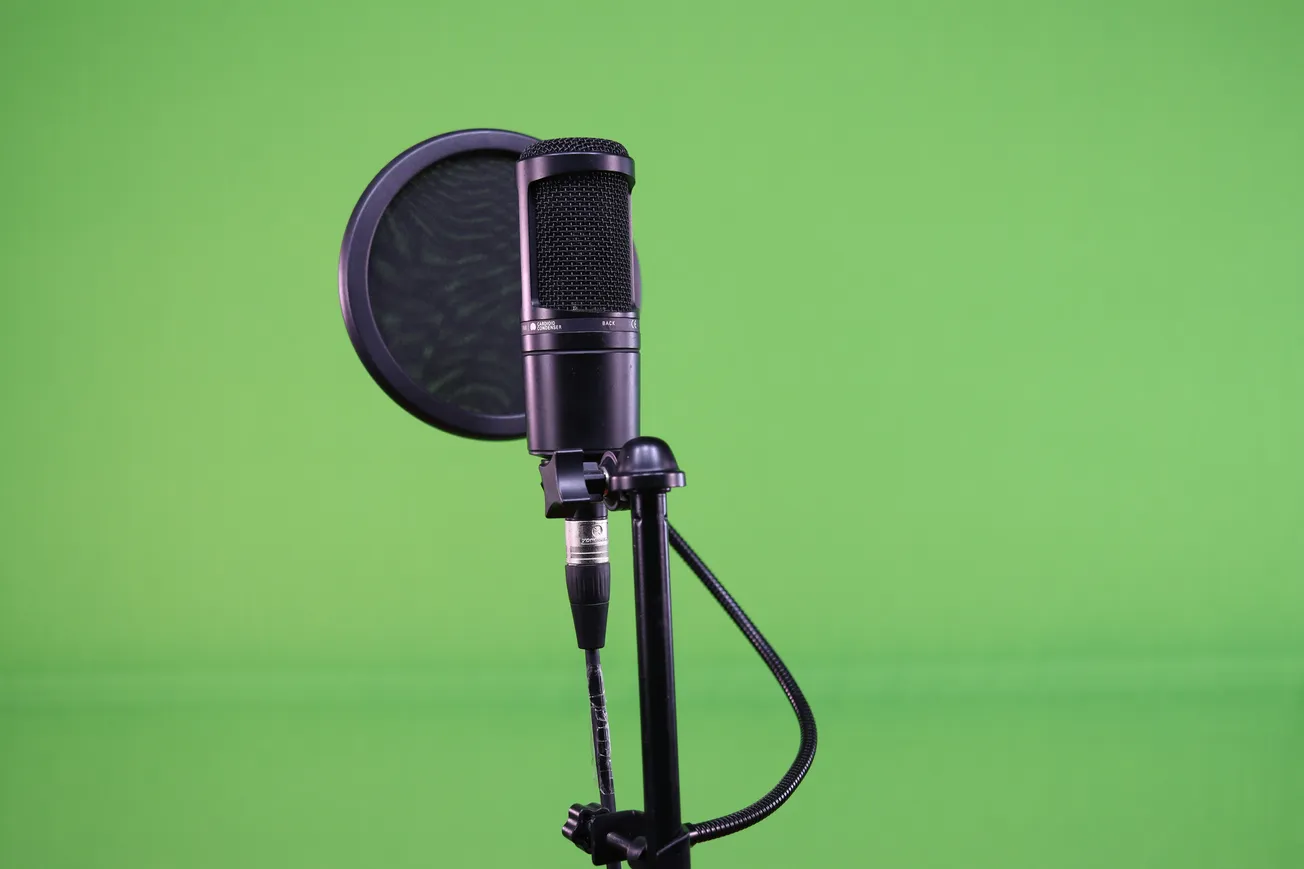CNN's recent rebranding of its audio division to "CNN Podcasts" marks a strategic pivot towards prioritizing podcasting as a core content medium. This move aligns with broader industry trends where traditional media outlets are integrating podcasts into their content portfolios to adapt to changing consumer behaviors.
The rebranding to "CNN Podcasts" signifies more than a name change; it reflects a strategic focus on podcasting as a primary content platform. CNN plans to leverage its extensive roster of journalists to produce narrative stories that may not fit traditional television formats. This approach aims to showcase in-depth journalism through audio storytelling, providing a platform for reporters to delve into topics with greater nuance and depth.
Additionally, CNN is expanding its subscription offerings with a new streaming product set to launch in the fall of 2025. This initiative is part of a broader strategy to create a paid digital ecosystem, drawing inspiration from successful models like The New York Times' verticals and bundles.
NPR: A Pioneer in Podcasting
National Public Radio (NPR) has been at the forefront of podcasting since the medium's early days. In August 2005, NPR debuted a directory of over 170 podcasts created by NPR and affiliate public radio stations. They quickly followed up in November of the same year by establishing alt.NPR, a platform for independent creators to produce less mainstream content that speaks more to specific interests. This early adoption helped podcasts gain credibility, largely due to the trusted reputation of public media. (blog.marketenginuity.com)
NPR's commitment to podcasting has continued to evolve. In 2024, Collin Campbell returned to NPR as the Senior Vice President of podcasting strategy, emphasizing the importance of limited-run podcasts and the need to build on NPR's successes in the podcasting space. (current.org)
The Independent: Integrating Podcasts into Traditional Media
The Independent, a UK-based news outlet, has also embraced podcasting as part of its digital strategy. While specific details about The Independent's podcast integration are limited, the broader trend among traditional media companies involves leveraging podcasts to reach new audiences and diversify content offerings. This includes creating original podcast series, repurposing existing content into podcast formats, and collaborating with independent creators to produce engaging audio content.
Industry-Wide Trends: Podcasts as a Mainstream Medium
The rise of podcasting has significantly impacted traditional media consumption. With millions of podcasts available and an estimated 464.7 million listeners globally in 2023, podcasting has transitioned from a niche platform to a dominant part of mainstream media.
Traditional media companies are adapting by integrating podcasts into their content strategies. For instance, The Washington Post has engaged in discussions with Substack to feature its writers' work, signaling a shift towards embracing new digital models. Similarly, Vice Media is focusing on high-quality digital content and expanding collaborations with podcasters and established producers to enhance its portfolio.
Moreover, platforms like YouTube are investing in episodic, TV-like content, attracting top creators and reshaping the entertainment landscape. This trend underscores the growing influence of podcasts and digital content in the media industry.(vox.com)
Conclusion
CNN's pivot towards podcasting reflects a broader industry trend where traditional media outlets are embracing digital audio formats to meet evolving consumer preferences. By investing in narrative-driven podcasts and expanding its digital offerings, CNN aims to remain competitive in a rapidly changing media landscape.
This strategic shift is emblematic of how legacy media companies are reimagining their content delivery methods, integrating podcasts to engage audiences seeking on-demand, personalized content.







